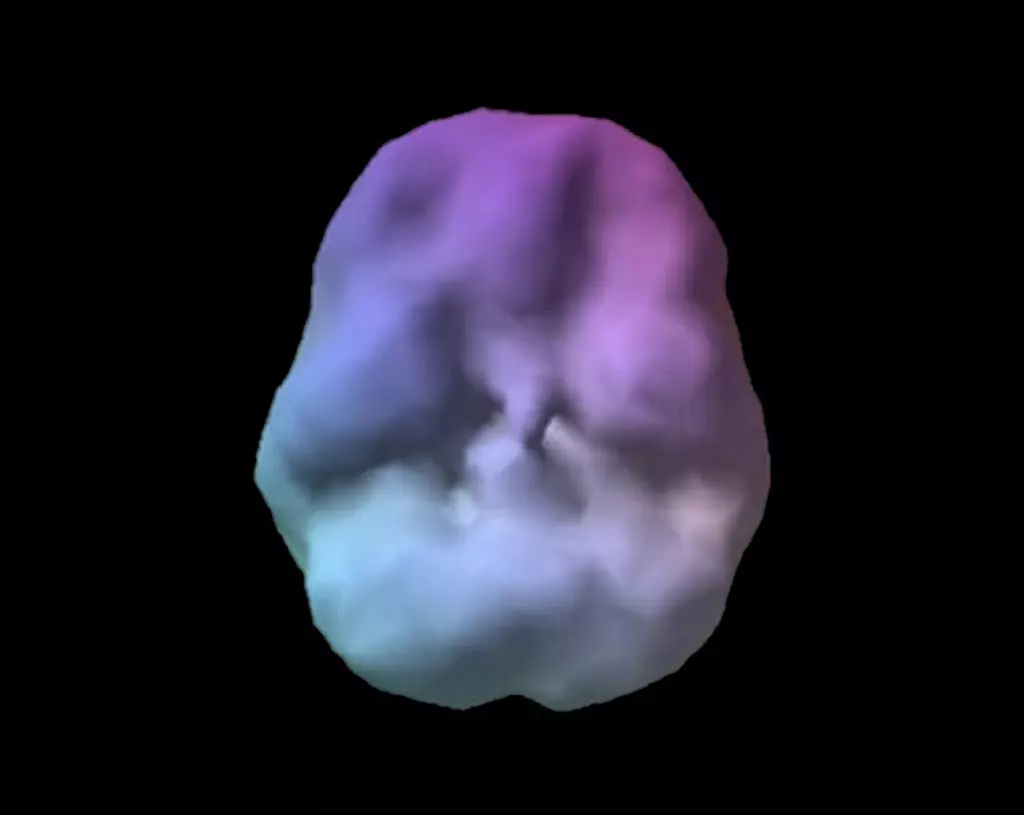Anger Issues, Violent Behavior & IED
Unlike traditional psychiatry, which rarely looks at the brain, Amen Clinics uses brain imaging technology to identify brain patters associated with anger issues, violent behavior, and intermittent explosive disorder.
What are Anger Issues, Violent Behavior & Intermittent Explosive Disorder?
Anger is a normal human emotion, and everyone gets mad from time to time. However, when the intensity of a person’s anger or aggression is significantly disproportionate to situations or happens with considerable frequency, it’s an indicator that something’s wrong. Recurrent, sudden serious verbal or physical aggression may be a sign of intermittent explosive disorder (IED). With this condition, episodes of explosive anger generally last less than half an hour and can leave you feeling relieved, exhausted, and sometimes embarrassed by your words and actions. Some research has found that those with IED have a difficult time identifying their emotions. Having oppositional defiant disorder, ADHD, conduct disorder, or certain personality disorders also increases the likelihood for problems with angry or violent behavior. More than 80% of people with IED also struggle with anxiety, depression, or substance abuse.
Who has Anger Issues?
Anyone can have anger problems, but it is more common for males to have them. It is estimated that about 2.7% of people in the U.S. have intermittent explosive disorder. In IED, the onset of impulsive and problematic anger typically occurs in late childhood or adolescence. In adults, it is more commonly seen in people in their 20s and 30s, and rarely does it begin after age 40. Those who grew up in an abusive home or who have suffered multiple traumas are at higher risk for IED and other anger issues. People who have a first-degree relative with IED have an increased risk for developing it too.
Core Symptoms of Anger
Some people are chronically angry—they feel irritable and mad most of the time. For others, intense anger can occasionally flare up without warning, or it manifests regularly, seemingly without overt provocation. Sudden rages may also be associated with a boost in energy, racing thoughts, heart palpitations, chest tightness, tingling, or increased tension. Symptoms of problematic anger and IED include:
- Episodes of rage
- Verbal tirades and temper tantrums
- Irritability
- Physical and/or verbal altercations with others
- Engaging in slapping, punching, pushing, or other bodily harm
- Physical aggression leading to damage of property, people, or animals

When left untreated, IED and other anger problems can have lasting consequences:
- Relationship troubles
- Work problems
- School problems
- Legal issues
- Financial troubles
- Substance abuse
- Mental health issues
- Self-harm
- Suicidal behavior
The recurrent episodes of verbal or physical violence—whether impulsive or premeditated—can cause significant problems with interpersonal relationships and occupational functioning as well as lead to financial and legal problems related to the destruction of property or the assault of others.
What Causes Anger?
Intermittent Explosive Disorder or other anger issues are commonly seen in people with:
- Childhood abuse
- Emotional trauma
- ADHD
- Anti-social, narcissistic, and borderline personality disorders
- Anxiety
- Depression
- Substance abuse
Why Choose Amen Clinics for Treating Anger Issues?
At Amen Clinics, we use brain SPECT imaging as part of a comprehensive evaluation to diagnose and treat our patients. This helps identify any dysfunction or damage in the brain, as well as any co-existing conditions, that need to be addressed. We also assess other factors—biological, psychological, social, and spiritual—that can contribute to anger issues, violence, and IED. By evaluating all of this information, we are better able to personalize treatment using the least toxic, most effective solutions that lead to a better outcome for those struggling with anger-related problems.
Angry or Violent Brains Work Differently
In a brain SPECT imaging study performed at Amen Clinics on people who had assaulted another person or damaged property, more than 70% had abnormalities in the left temporal lobe region of the brain. It seems that left temporal lobe damage or dysfunction makes a person more prone to irritable, angry, or violent thoughts.

Healthy Brain Scan

Anger Brain Scan
The temporal lobes, located on either side of the brain behind the eyes and underneath the temples, are involved with emotional stability, understanding and processing memories, and more. When there is abnormal activity in this area of the brain, it can be associated with aggression (internally or externally directed), dark or violent thoughts, emotional instability, and other problems.
Imaging studies have also found that damage to the prefrontal cortex (PFC) can contribute to anger problems. The PFC is involved with a multitude of executive functions, including acting as the brain’s “brake,” so when there is low blood flow in this area, impulses are harder to control.
Temporal and frontal lobe problems can come from many sources, with the most common being genetics, exposure to neurotoxins or infections, and head trauma. By virtue of their location inside the skull, the temporal lobes and PFC are vulnerable to damage from hits or other impacts to the head. The brain is very soft, similar to the consistency of soft butter, and is housed in a very hard skull. When the head is struck (such as in contact sports and motor vehicle accidents) the brain slams into the sharp boney ridges inside the skull, causing injury to the delicate tissue.
SPECT (single photon emission computed tomography) is a nuclear medicine study that evaluates blood flow and activity in the brain. Basically, it shows three things: healthy activity, too little activity, or too much activity. The healthy surface brain SPECT scan on the left shows full, even symmetrical activity. The scan on the right, which is of a patient with anger issues who fell off a roof, shows damage to the frontal lobe and left temporal lobe.
Ready to learn more? Speak to a care coordinator today!
Contact UsMisdiagnosis
People whose anger problems get them into trouble with relationships or the law are often sent to anger management classes, which can be very beneficial for some. But if there is physical damage or dysfunction in the brain, no amount of class time is going to resolve the problem. When there are issues with the PFC or temporal lobes, the underlying biological problem needs to be addressed. For example, if the cause is due to toxic exposure, one of the first steps to improving brain health is to avoid exposure to the toxin, whether it’s drugs, alcohol, cigarettes, mold, chemicals, pesticides, or some other type of toxin. It’s also critical to support the body’s 4 organs of detoxification—skin, kidneys, liver, and gut. If injury to the brain is from a chronic infection, such as Lyme disease, it’s important to treat the infection while also engaging in a brain healthy program. Any co-occurring disorders—such as ADHD, anxiety, depression, or addiction—also need to be treated to aid in the healing process.
“With A Better Brain Comes A Better Life”
– Daniel G. Amen, M.D.

